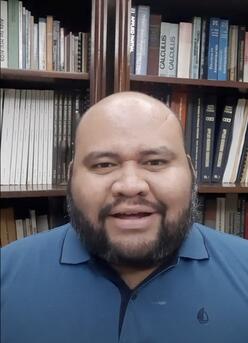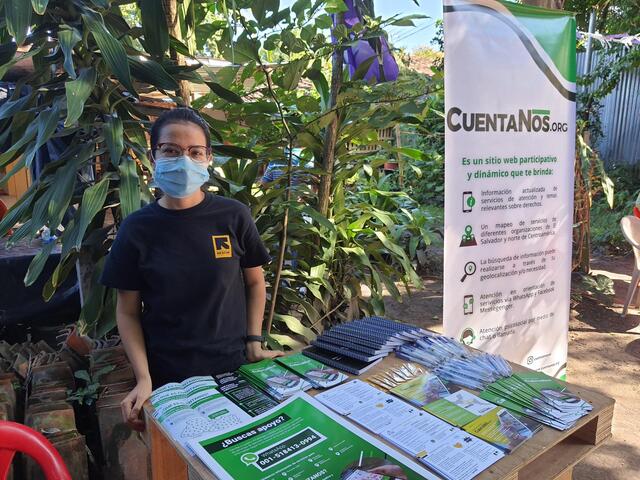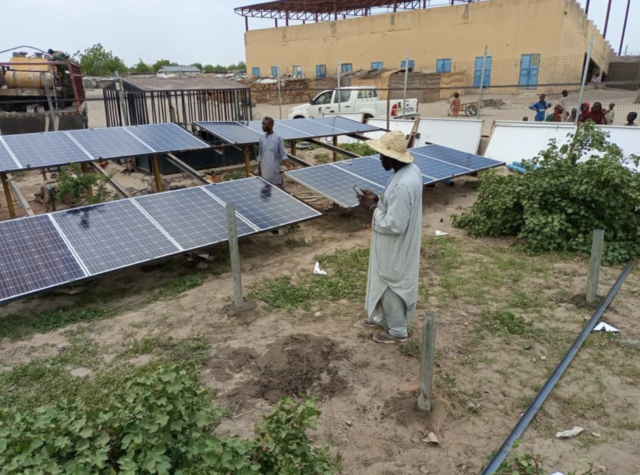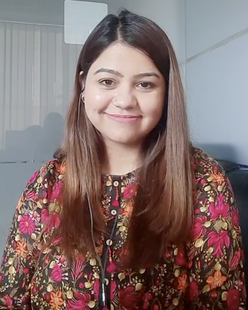The World Bank has predicted that the worsening impacts of climate change could force over 140 million people to be displaced within their home countries by 2050. The consquences of climate change are dire and those in poorer countries will be most impacted.
The IRC is currently undertaking climate programming in approximately 20 countries, but all around the world, our teams are seeing the consequences of the climate emergency firsthand.
We spoke to four IRC staff members to hear how climate change and extreme weather is affecting the communities they work with, and how they are doing their bit to care for both people and the planet.
Making toys with recycled items
Alexander, Specialist in Education, IRC Venezuela

As part of Alexander’s work with families, he teaches parents how to recycle everyday items into toys for their kids.
“We work with parents to help them support their child’s growth. Children are the key to building a better world. Among the activities, we include recycling projects to make toys that stimulate children's abilities, using materials they have at home. It is important that parents and caregivers know that they can teach and stimulate their children by creating toys with whatever materials they have on hand and are safe for the child's handling, without having to pay the high costs of the market.”
“If we raise happy, healthy and intelligent children, we can raise citizens who make significant contributions to the world, people who can have good ideas for the development of a clean world and with better opportunities than they have until now," he added.
But it's not all fun and games! Alexander is witnessing the devastating effects of rising temperatures. “There are children with respiratory diseases from the burning of garbage in the community. There is no rain to help put out the fires or for the grass to grow and allow people to cultivate and have healthy livestock,” he said.
Setting up recycling systems at work and home
Cristy Alvarenga, Protection Information Officer, El Salvador
Cristy’s team often works with people who have been affected by climate change.
She said: “Every time a climate disaster happens in our country - such as storms - the demand for our help increases. We receive requests from families who tell us that, due to the rains, they must leave their homes. Or people contact us because they need support to repair their homes after damages caused by these storms.

“I remember a girl who told us that she was going through different difficult situations due to the pandemic and because a storm was hitting the country; her mental health was being strongly affected. After contacting us, she said that she felt better and had tools to continue facing the situation.”
Cristy is passionate about improving recycling systems which is something she champions at home and work.
“With my family, I have promoted the practice of recycling bottles and glass, since in the country this practice is not very common. A few years ago, I started a system for recycling in the office too,” she explained.
“It is very important to care for the environment wherever and however we can."
Using solar panels for power
Solomon Ethan, Environmental Health and WASH manager, Nigeria

Solomon works with displaced communities in Nigeria where in the northeast of the country 2.9 million people are displaced and lack access to safe and sufficient water supply, sanitation and hygiene.
Solomon said: “We try as much as we can to reduce biohazards and carbon emissions from our generators when operating boreholes in displacement camps and across communities.
“So one of the methods that we use to adapt to saving the planet and meeting the needs of people is using the solar system to power our generators and supply water to the displaced population. Doing that we help in saving the planet as well as utilising the natural resources that we have.
“In the Northeastern part of Nigeria there are some areas where we have increased rainfall. This further results in flooding of communities and displacing the population. This further results in need for humanitarian assistance. While, In other areas there are increased or prolonged drought periods.”

Flood response in Pakistan

Huzan Waqar, Senior Partnership and Communications Coordinator, Pakistan
Over the last year, Huzan has felt the effects of extreme weather with snow storm emergencies and locust attacks.
She said: “We also had the flood response and the floods came in areas that were already drought affected. So, we see [climate change] happening across the country and we see it happening in different ways. It really affects our day-to-day work and it really affects the clients that we are serving.
She said: “I think that something that is important for people to know is that it is going to affect all of us. None of us are going to be spared from the effects of climate change. Be that the heat waves and health response, floods, droughts, it is going to have an impact on our water sources, it is going to have an impact on agriculture. All of us are in it together.”
I think that something that is important for people to know is that it is going to affect all of us.